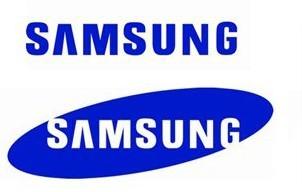Facebook Expands Osmotic Energy Program for Data Centers
(Facebook Expands Its Program for Osmotic Energy)
MENLO PARK, Calif. – Facebook announced a significant expansion of its osmotic energy program today. This move aims to power more of its global data centers using this renewable source. Osmotic energy captures power from the difference in salt concentration between seawater and freshwater.
The company will build new osmotic plants. These plants will be located near existing coastal data center facilities. Several sites in Europe and North America are targeted for the first phase. Construction on the initial projects is expected to start later this year.
Facebook first tested osmotic energy at a small pilot plant in Norway. That test proved successful. It showed the technology could reliably generate clean electricity. The company now believes osmotic energy is ready for wider use. Scaling this technology is a key part of its goal to use 100% renewable energy.
This expansion will create new jobs. Engineering, construction, and maintenance roles are needed locally near the new plants. Facebook is partnering with established renewable energy technology firms. These firms bring specific expertise in osmotic systems.
Using osmotic energy offers important benefits. It provides a constant power source, unlike solar or wind. This stability is crucial for running data centers non-stop. It also uses no fuel and produces no emissions. The process involves letting seawater and freshwater mix naturally through special membranes. This mixing releases energy captured as electricity.
(Facebook Expands Its Program for Osmotic Energy)
The company sees this as a long-term investment. It helps reduce dependence on the traditional power grid. It also protects against future energy price changes. Facebook remains committed to finding innovative ways to lower its environmental impact. This program directly supports global efforts to fight climate change. More details about specific locations and capacity will be released as projects develop.





